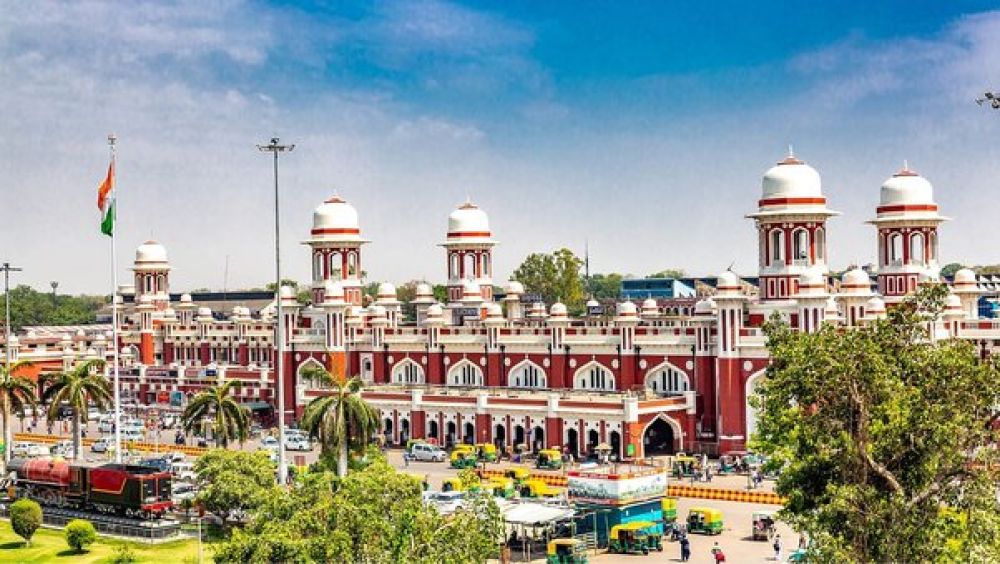

Lucknow, the capital city of Uttar Pradesh, is a vibrant metropolis that has a rich tapestry of history, culture, and architecture deeply woven into its urban fabric. Known as the City of Nawabs, Lucknow's tourism history is as fascinating as its intricate chikankari embroidery.
The history of Lucknow's tourism can be traced back to the 18th century when it flourished under the rule of the Nawabs of Awadh. The Nawabs were great patrons of the arts, literature, and culinary endeavors, which led to Lucknow becoming a center of culture and intellect. During this time, the city saw the construction of numerous monuments, palaces, and gardens, like the famous Bara Imambara, Chota Imambara, and Rumi Darwaza which remain the cornerstone of Lucknow’s tourist attractions even today.
The British annexation of Lucknow in 1856 brought significant urban development which further shaped the city's landscape. Post the tumultuous episodes of the 1857 Rebellion, which had a profound impact on Lucknow, the British contributed to the city's infrastructure, adding a new chapter to its historical significance and laying the groundwork for the development of tourism.
In modern times, Lucknow has transformed into a hub for travellers exploring the heritage trail of North India. The city has been part of Uttar Pradesh's Heritage Arc tourism circuit, which also includes Agra and Varanasi, drawing both domestic and international tourists. Post-Independence, the infrastructural expansion, including better roads, the establishment of the Amausi International Airport, and improved rail connectivity, has given tourism a boost.
Lucknow hosts numerous festivals and events that have become significant tourist attractions, such as the Lucknow Mahotsav, a cultural extravaganza that showcases the city's rich tradition of arts, crafts, and cuisine. Other events like the Lucknow Literature Festival have positioned the city as a focal point for cultural tourism in India.
The latest tourism trend in Lucknow capitalizes on its gastronomic heritage with food tours gaining popularity among visitors. The delectable Awadhi cuisine, characterized by dishes such as Kebabs and Biryani, offers a culinary journey that is integral to the Lucknow experience. Similarly, heritage walks that explore old city areas and markets have become a favoured activity for tourists.
Sustainable tourism is also emerging, with a focus on preserving cultural sites and promoting local handicrafts. Efforts are being made to ensure that tourism development does not detract from the historical ambiance and cultural assets of the city.
Lucknow's storied past combined with its dynamic present creates a unique travel destination that continues to charm tourists with its courteous mannerisms, architectural marvels, and a profound cultural legacy. It stands as a testament to India’s rich tapestry of history and heritage, inviting travel enthusiasts to explore its timeless elegance and tales of yore.